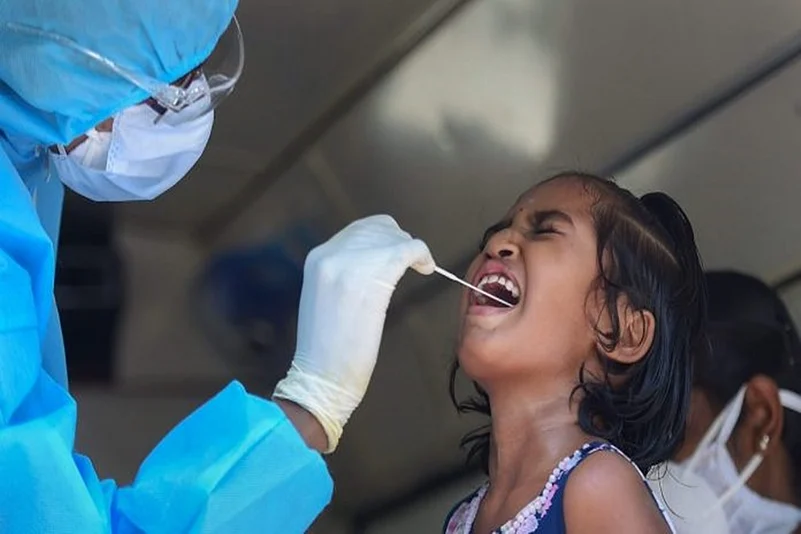It seems very scary and difficult to spend around two weeks of suffering after getting infected by Covid-19, but the recovery period for many may seem worse. Even a person, who hardly had any symptom while being positive, can experience the symptoms of Post Covid Syndrome including extreme fatigue, severe headache and body ache that makes it impossible to feel comfortable.
There has been a constant rise in post Covid syndrome cases day-by-day making the matters worrisome. These Post Covid symptoms may last for a few weeks to a few months after testing negative. No fixed timeline is attached to the effects of the Post Covid Syndrome but with proper care and regular follow up, you may overcome it faster.
Common Symptoms of Post Covid Syndrome
Similar to Covid-19, Post Covid Syndrome is associated with a variety of symptoms. The most common ones include:
- Difficulty in breathing
- Joint pain
- Fatigue
- Chest Pain
- Loss of smell and/or taste
- Brain fog, including impaired memory and an inability to concentrate properly
- Sleep issues
These symptoms can last for about six months or more in some people. So, you have to be very patient and careful. People who are at higher risk of getting Post Covid Syndrome symptoms are:
- People above 50 years of age
- People who experienced severe symptoms after getting infected with Covid-19
- People with pre-existing health conditions like Cardiopulmonary issues, diabetes, hypertension or obesity.
This Syndrome is affecting not only the ones who were hospitalized for severe pneumonia or other heavy symptoms, but also the ones who had mild symptoms and were self-treated at home. People who did not use specialized care at the time of infection may now be seeking for specialized care as the effects of Post Covid Syndrome continue to affect their daily routine.
What should people with these symptoms do?
People, who only had mild symptoms during Covid-19, should constantly be in touch with their physician and get some necessary tests done. The physician can diagnose the severity of the symptoms and can help in treating them at the earliest. People, who were hospitalized or experienced severe symptoms, should be regular with their follow ups with the doctor and should timely reach out to them in case of any heart problem, such as chest pain, or any lung issues, such as difficulty in breathing.
People should also undergo some tests after recovering from Covid so as to be aware of to what extent the body has been affected by Covid-19 and the risk of getting Post Covid Syndrome. Following are some tests:
- igG Antibody Tests
- Complete Blood Count Tests
- Glucose and Cholesterol Test
- Neuro Function Tests
- Vitamin D test
- Chest Scans
- Heart Imaging and Cardiac Screenings
How to Deal with These Symptoms?
- Take proper rest: It is recommended to stay indoors for another week after recovering from Covid-19 as it will help your body to get enough rest that is pretty much necessary to avoid Post Covid Syndrome symptoms. Get enough sleep and do not continue with your old routine right away. Start with routine activities gradually.
- Have a nutritious diet: Food helps in speedy recovery. The right food will help you regain strength and energy. Add proteins like eggs, chicken, lentils, legumes and seeds to your daily diet. Proteins repair your body faster. Drink plenty of water to stay hydrated.
- Exercise a little, almost every day: This may sound tough but is very important to get you back to your normal routine. It will help in detoxifying your body. Avoid heavy exercises. Start with a 15-20 minutes’ walk and increase a bit every day. Do not over exert your body.
- Regularly check blood oxygen levels: Continue to check your blood oxygen level every day. If you had a lung issue while suffering from Covid-19, it is important to be in regular touch with your doctor. If your oxygen level goes below 90 at any point of time, immediately contact your doctor.
- Watch out for other symptoms: Post Covid Syndrome is associated with a variety of symptoms, both mild and severe. Keep observing your body and watch out for other symptoms. If you feel any discomfort, immediately talk to your doctor and do as he prescribe.
(Article by Mr. Sameer Bhati – Director at Star Imaging and Path Labs)





















